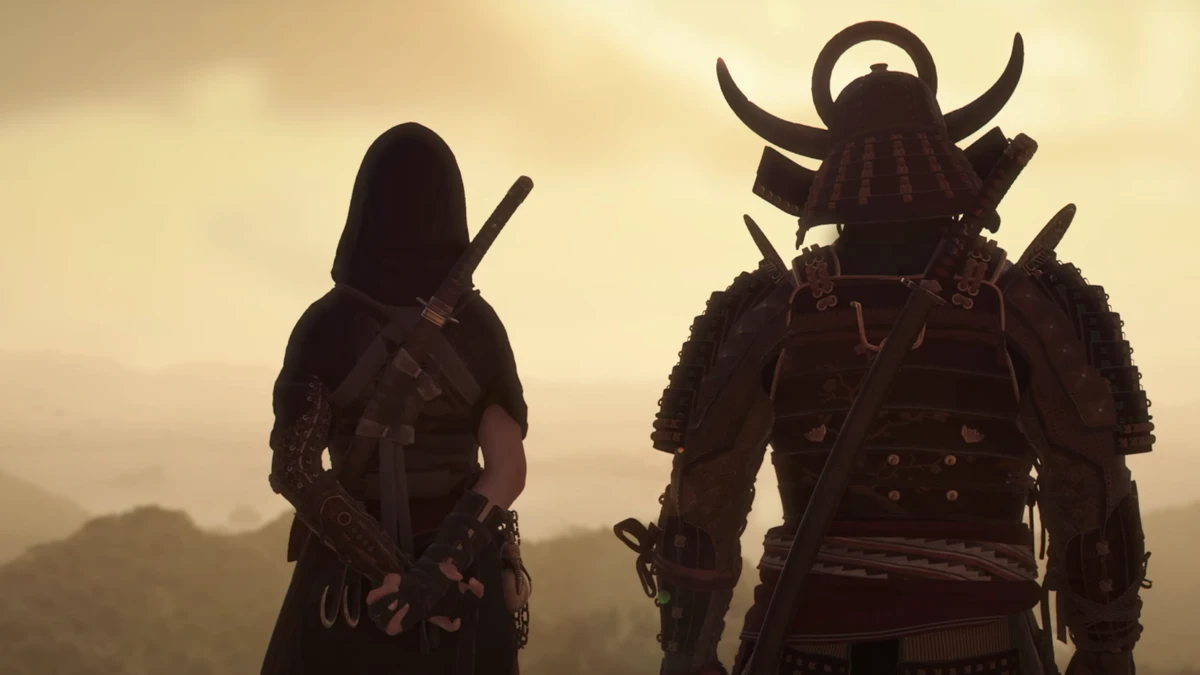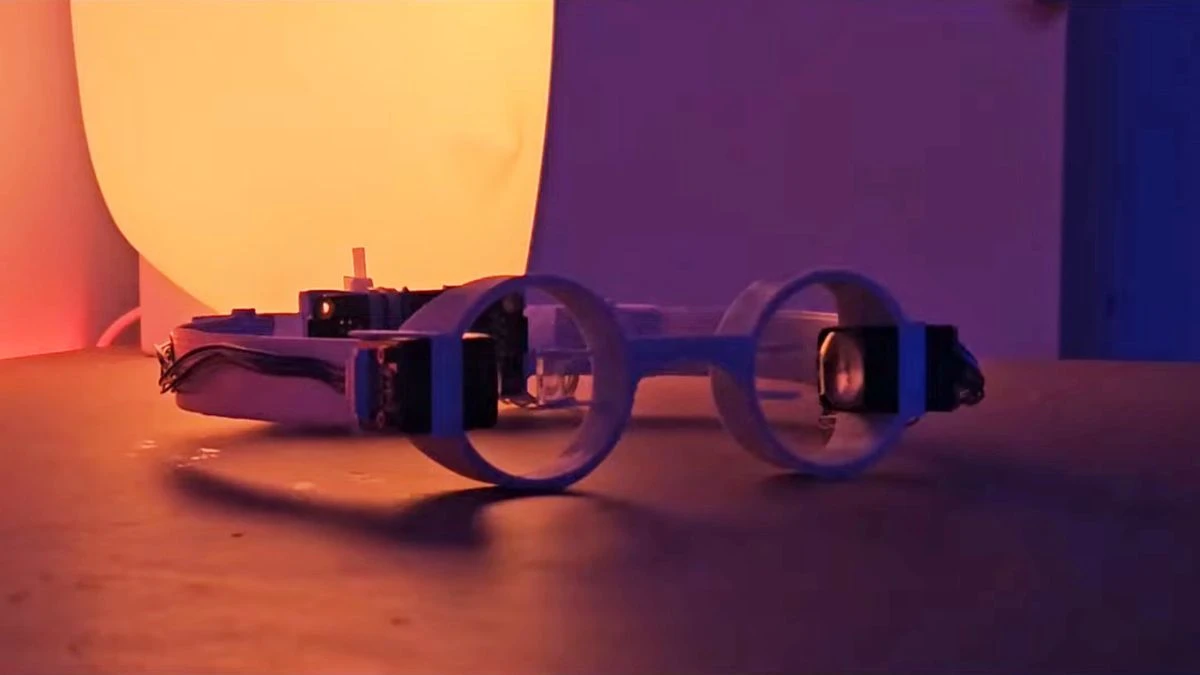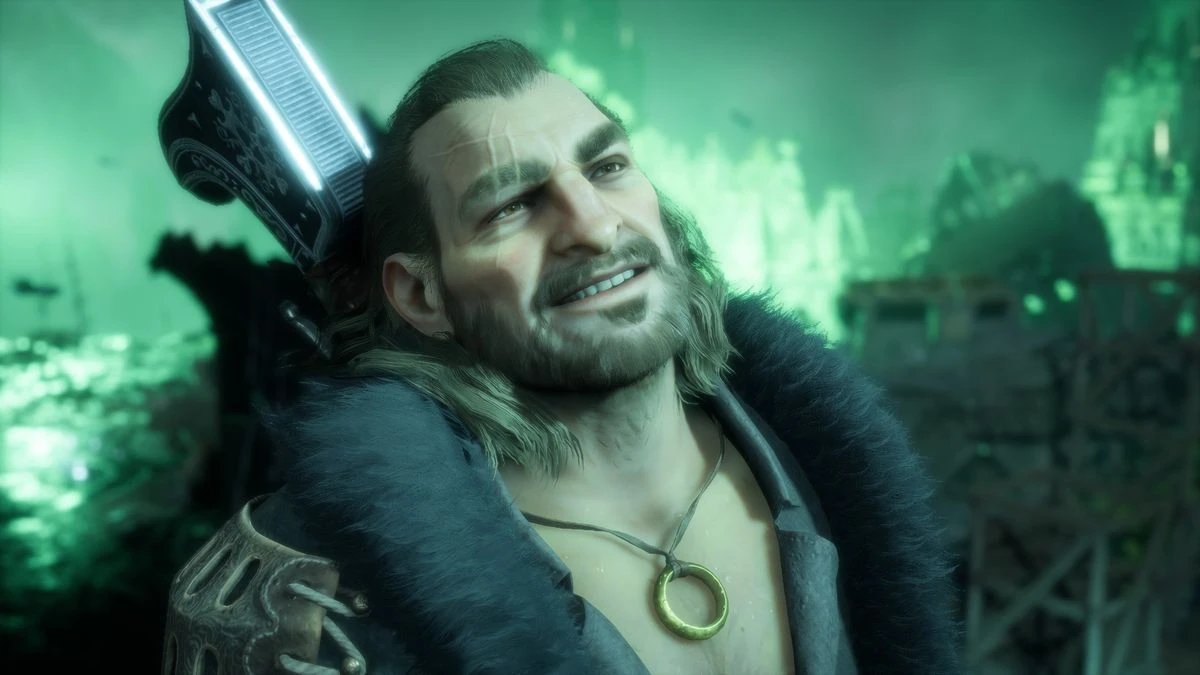Ubisoft has finally had enough of the Assassin's Creed Shadows controversy: 'When self-censoring in the face threats, we give up our power'
If you've followed the general discussion around Assassin's Creed Shadows you'll probably have noticed--if your stomach was strong enough--a lot of anger about the game's main characters. Elon Musk's unfathomable reasons for taking swings, the over-placed apologies of the company, and the subreddit's need to introduce new rules in order to get people to shut up have all been a headache.
Marc-Alexis Cote, the franchise head of Ubisoft, spoke at a BAFTA (thanks to Eurogamer in London) event and gave Ubisoft its most direct condemnation yet. But first, some context.
The two protagonists for the upcoming Assassin's Creed installment are a shinobi named Naoe and a samurai named Yasuke. Yasuke is based on an African 16th century figure who became a retainer of Oda Nobunaga. This is not the first time that he has appeared in media, Japanese or otherwise. My personal favorite is the vampire swordsman Nagoriyuki in Guilty gear: Strive, though that's mainly because of his theme slaps.
Yasuke, then, is a great draw for a series such as Assassin's creed. This series has a charming tendency of "what if?" historical figures become larger-than life versions of themselves. In one game, you can climb inside Leonardo Da Vinci’s tank to blast people to death. It’s based on one of his designs but he never built it. Not to mention a scene in which beloved italian stabber Ezio Auditore discovers a recording left behind by an alien.
Ubisoft has been oddly meek in the face of this, with its CEO recently holding up his hands to reassure the public about Assassins Creed's lack of political agenda.
It's good to see Cote finally take a stand against it, if you will, with his whole heart. "In Assassin's Creed Shadows we highlight figures both fictional, like Naoe, a Japanese female warrior, and historical like Yasuke the African-born samurai. While the inclusion in feudal Japan of a Black Samurai has raised questions and even controversy about her gender, Naoe as a fictional character has also been scrutinized.
"But just like Yasuke’s presence in Japanese History is fact, so are the stories about women who defied social expectations and took up weapons in times of war." While both Naoe's and Yasuke's tales are historical fiction, they represent the collision of worlds, cultures, and roles. Their inclusion is exactly the kind of story that Assassin's Creed wants to tell. One that reflects the interconnectedness and complexity of our shared past.
Cote also emphasizes the point that I made above: "This isn’t new ground for this franchise... We've always introduced protagonists with diverse racial and ethnic identities. Assassin's Creed, like history, is a diverse place. "Our commitment to inclusivity is based on historical authenticity and respect for different perspectives, not driven purely by modern agendas."
I think Assassin's Creed shows how this culture war fretting is, in the main, a fairly new phenomenon. As mentioned, Yasuke, and Yasuke inspired characters, are everywhere. The series has always treated figures like him this way. Cote seems to be referring to this when he says "modern agendas". He adds:
"Today we all face the added challenge to distinguish between genuine feedback and attacks motivated by intolerance. The current climate is difficult for our creative teams. They are subjected to lies, half-truths, and personal attacks on the internet. It's not only disheartening but also devastating when the work that they put their hearts into becomes a symbol of division. The resilience that I see every day in our teams is what keeps me going. I am particularly proud of the Shadows Team for staying true to both their creative vision and Assassin's Creed's core tenets.
"By selecting Naoe and Yasuke, we are expanding our narrative landscape. We offer new points of views that challenge established norms in many works of literature, while remaining true to the history of the characters."
It's like night and morning compared to Ubisoft’s previous stances. Either there is some conflicting messaging or Ubisoft has collectively blinked out the fuzz and realised that you should dig in your heels because the people with the pitchforks won't rest until they have thoroughly skewered their targets.
Don't get me started. There's some corporate speak here. Let's not be shy: Assassin's creed is described as "more" than a video game and "a platform of meaningful exploration and reflective gameplay wrapped in the excitement" -- which is a lot of executive babble. The speech does go into some deeply emotional territory that I am surprised made it on stage:
"The stories, characters and game worlds that we create are used by those who want to silence creativity, incite fear and hatred. I believe that we are in what Fareed Zakaria refers to as an "Age of Revolution", a time where the real conflict isn't between the left and right, but rather between societies that close themselves and those that open up to the rest of the world. In history, the open societies have always won out. Openness has always been the driving force behind human progress, despite setbacks that may have occurred over many years or decades.
"As the authors in 'How Democracies Die" so powerfully stated: Democracies crumble if good people decide to remain silent. I believe that the same is true of our creative freedom if we allow fear to stifle us. When we self censor in response to threats, we gradually lose our power until both freedom and creativity are gone. We cannot allow that to happen. It's time to be steadfast in our commitment to our values by telling stories that inspire and challenge, and that help people to connect. "Our silence cannot become complicit."
He ends his speech with the statement: "I am an optimist and dreamer." I believe the best way to combat hate is to create experiences that celebrate our rich world and capture the magic in our collective imagination. Because, at the end of the day, creativity is stronger that fear and together, we're creating the future entertainment."
Critics may question the notion that Ubisoft, known for its open-world action games and RPGs, is creating the future. The rest of Cote’s words are disarmingly sincere and, to be honest? It's time these things were said. 's franchise leader actually taking a stand instead of placating the reactionaries by hand-wringing makes me sigh in relief.





Comments